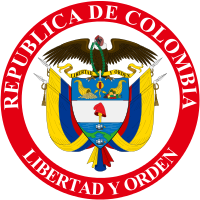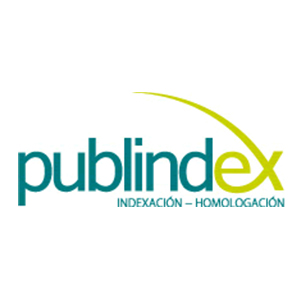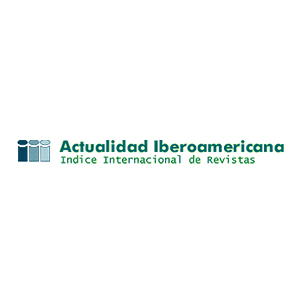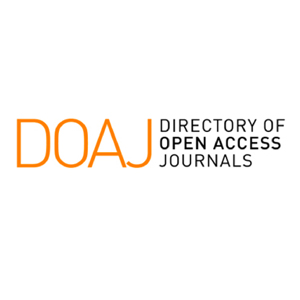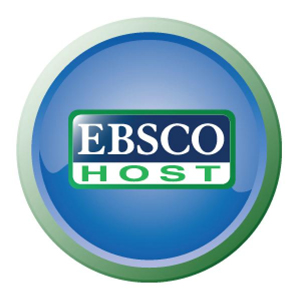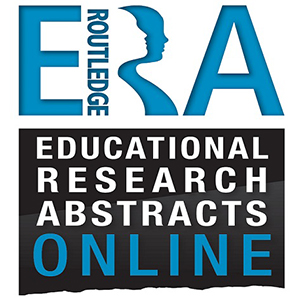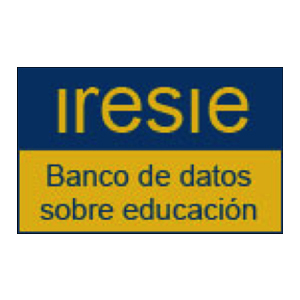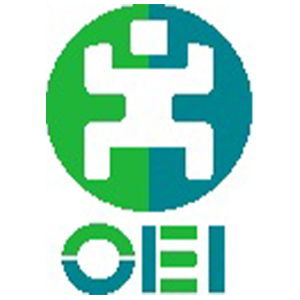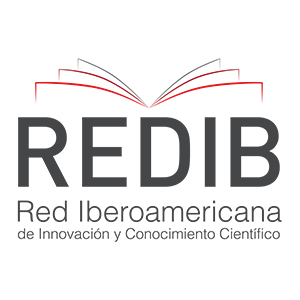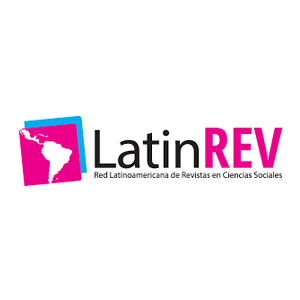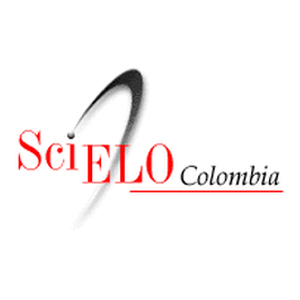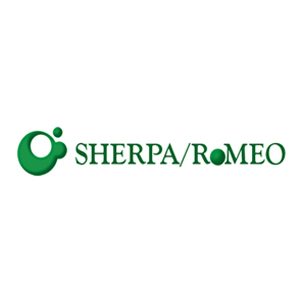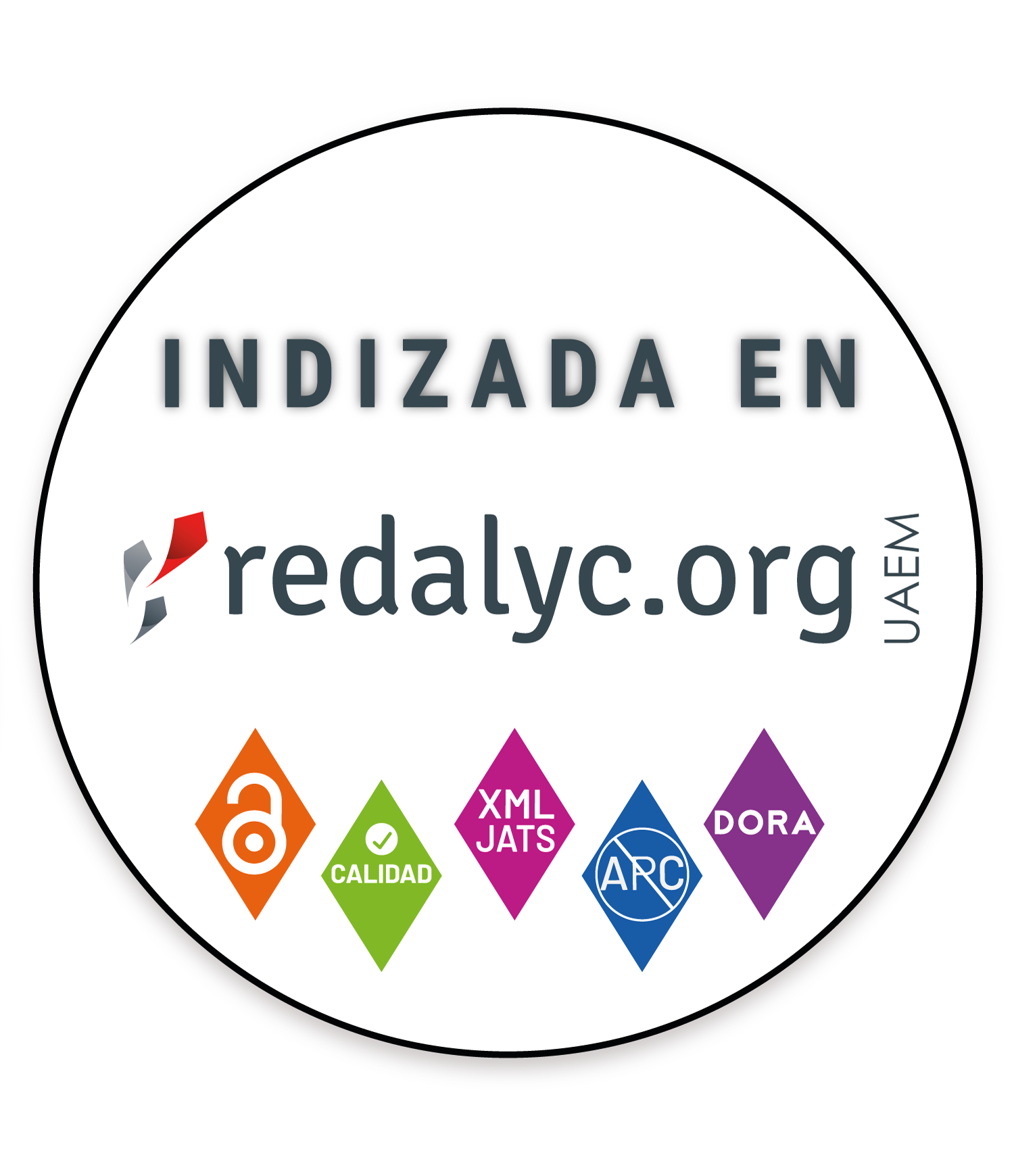El currículo de ciencias: un instrumento educativo de carácter político
The Science Curriculum: An Educational Instrument of a Political Nature
O currículo de ciências: um instrumento educacional de caráter político
En este artículo de reflexión se tuvo en cuenta que las teorías críticas han hecho necesario transformar el currículo convencional de las ciencias a uno de carácter crítico. Esto ayuda a los estudiantes a alcanzar una alfabetización científica crítica para la acción social y política, que les permite no solo tomar conciencia de las problemáticas científicas y ambientales, sino también diseñar e implementar planes de acción tendientes a construir la solución más apropiada. En esta perspectiva curricular, los aprendices se consideran jóvenes ciudadanos que luchan por lo justo, lo bueno y lo correcto, así como por un desarrollo ambientalmente sostenible. La educación en ciencias desde este marco teórico crítico se asume como un escenario pedagógico democratizador y catalizador del desarrollo individual y la transformación social. Para materializar este currículo emancipador, se debe diseñar e implementar una propuesta de enseñanza que brinde a los infantes y jóvenes ciudadanos la oportunidad de comenzar a construir no solo una cultura científica, sino también una cultura de la acción sociopolítica. En este sentido, las actividades de aprendizaje que representan los contenidos de las ciencias naturales y sociales-humanas se secuencian a través de un modelo configurado por las fases de modelado, guía práctica y aplicación. Este modelo les permite a los estudiantes moverse desde una educación focalizada en la toma de conciencia de los problemas sociocientíficos y ambientales, a la planeación, la ejecución y la evaluación de las acciones sociopolíticas necesarias para solucionar dichas problemáticas.
alfabetización científica, acción social, acción política, currículo crítico, enseñanza-aprendizaje (es)
alfabetização científica, ação social, ação política, currículo crítico, ensino-aprendizagem (pt)
Alsop, S. y Bencze, L. (2012). In search of activist pedagogies in smte. Canadian Journal of Science, Mathematics and Technology Education, 12(4), 394-408.
Bazzul, J., Bencze, J. L. y Alsop, S. J. (2019). Long live activism and science education! Journal for Activist Science and Technology Education, 10(1).
Bencze, J. L. (2008). Private profit, science and science education: Critical problems and possibilities for action. Canadian Journal of Science, Mathematics and Technology Education, 8(4), 297-312.
Bencze, J. L. (Ed.). (2017). Science and technology education promoting wellbeing for individuals, societies and environments. Springer. https://doi.org/10.1007/978-3-319-55505-8
Bencze, L., Pouliot, C., Pedretti, E., Simonneaux, L., Simonneaux, J. y Zeidler, D. (2020). saq, ssi and stse education: Defending and extending “science-in-context”. Cultural Studies of Science Education, 15, 825-851.
Bencze, L., Sperling, E. y Carter, L. (2012). Students’ research-informed socio-scientific activism: Re/visions for a sustainable future. Research in Science Education, 42, 129-148.
Brusic, S. A. (1992). Achieving sts goals through experiential learning. Theory into Practice, 31(1), 44-51.
Candela Rodríguez, B. F. y Viafara Ortiz, R. (2014). Articulando la CoRe y los PaP-eR al programa educativo por orientación reflexiva: una propuesta de formación para los profesores de química. Tecné, Episteme y Didaxis: TED, 35, 89-111.
Carter, L., Castaño Rodríguez, C. y Jones, M. (2014). Transformative learning in science education: Investigating pedagogy for action. In Activist science and technology education (pp. 531-545). Springer.
Chignola, S. (2018). Foucault más allá de Foucault: Una política de la filosofía. Cactus.
Cohen, S. (2001). States of denial: Knowing about atrocities and suffering. Polity Press.
Coll, C. (1994). Psicología y currículum. Paidós.
Collins, H. y Evans, R. (2017). Why democracies need science. Wiley.
Collins, H., Evans, R. y Weinel, M. (2017). sts as science or politics? Social Studies of Science, 47(4), 580-586.
Colucci-Gray, L. y Camino, E. (2014). From knowledge to action?: Re-embedding science learning within the planet’s web. En J. Bencze y S. Alsop (eds.), Activist science and technology education. Vol 9. Cultural Studies of Science Education Series. Springer. Dordrecht. https://doi.org/10.1007/978-94-007-4360-1_9
Cornali, F. (2017). Talking with the scientists: Promoting scientific citizenship at school through participatory and deliberative approach. Studies in Media and Communication, 5, 132-144. https://doi.org/10.11114/smc.v5i2.2804
Elam, M. y Bertillson, M. (2003) Consuming, engaging and confronting science: The emerging dimensions of scientific citizenship. European Journal of Social Theory, 6(2), 233-251.
Elliot, J. (2010). La investigación-acción en educación. Ediciones Morata.
Freire, P. (1986). Pedagogy of the oppressed. Continuum.
Giroux, H. (1988). Teachers as intellectuals. Bergin & Garvey.
Giroux, H. (1999). Teoría y resistencia en educación: Una pedagogía para la oposición. Siglo XXI.
Giroux, H. (2003). The abandoned generation: Democracy beyond the culture of fear. Palgrave Macmillan.
Giroux, H. (2004). Cultural studies, public pedagogy, and the responsibility of intellectuals. Communication and Critical/Cultural Studies, 1(1), 59-79.
Habermas, J. (1973). Knowledge and human interests. Heinemann.
Hodson, D. (2003). Time for action: Science education for an alternative future. International Journal of Science Education, 25(6), 645-670.
Hodson, D. (2009). Putting your money where your mouth is: Towards an action-oriented science curriculum. Journal of Activist Science & Technology Education, 1(1), 1-15.
Hodson, D. (2011). Looking to the future. Springer Science & Business Media.
Hodson, D. (2014). Becoming part of the solution: Learning about activism, learning through activism, learning from activism. En J. Bencze y S. Alsop (eds.), Activist science and technology education (pp. 67-98). Vol 9. Cultural Studies of Science Education Series. Springer. Dordrecht. Springer.
Jasanoff, S. (2017). Science and democracy. En U. Felt, R. Fouché y L. Smith-Doerr (eds.), The handbook of science and technology studies, 4.a ed. (pp. 259-287). mit press.
Jensen, B. B. (2004). Environmental and health education viewed from an action‐oriented perspective: A case from Denmark. Journal of Curriculum Studies, 36(4), 405-425.
Jensen, B. B. y Schnack, K. (1997). The action competence approach in environmental education. Environmental Education Research, 3(2), 163-178.
Ke, L., Sadler, T. D., Zangori, L. y Friedrichsen, P. J. (2020). Students’ perceptions of socio-scientific issue-based learning and their appropriation of epistemic tools for systems thinking. International Journal of Science Education, 42(8), 1339-1361.
Kyle, W. C. (1996). Editorial: The importance of investing in human resources. Journal of Research in Science Teaching, 33, 1-4.
Larrivee, B. (2008). Development of a tool to assess teachers’ level of reflective practice. Reflective Practice, 9(3), 341-360.
Levinson, R. (2010). Science education and democratic participation: An uneasy congruence? Studies in Science Education, 46(1), 69-119.
Levinson, R. (2018). Realizing the school science curriculum. The Curriculum Journal, 29(4), 522-537. https://doi.org/10.1080/09585176.2018.1504314
Lloyd, D. y Wallace, J. (2004). Imaging the future of science education: The case for making futures studies explicit in student learning. Studies in Science Education, 39, 139-177.
McClaren, M. y Hammond, B. (2005). Integrating education and action in environmental education. En E. A. Johnson y M. J. Mappin (eds.), Environmental education and advocacy: Changing perspectives of ecology and education (pp. 267-291). Cambridge University Press.
Morin, O., Simonneaux, L. y Tytler, R. (2017). Engaging with socially acute questions: Development and validation of an interactional reasoning framework. Journal of Research in Science Teaching, 54(7), 825-851.
Murphy, M. y Fleming, T. (Eds.). (2010). Habermas, critical theory and education. Routledge.
Nouri, A. y Sajjadi, S. M. (2014). Emancipatory pedagogy in practice: Aims, principles and curriculum orientation. The International Journal of Critical Pedagogy, 5(2).
Osborne, K. (1991). Teaching for democratic citizenship. Our Schools/Our Selves.
Pedretti, E. (2014). Environmental education and science education: Ideology, hegemony, traditional knowledge and alignment. Brazilian Journal of Research in Science Teaching, 14, 305-314.
Pedretti, E. y Nazir, J. (2011). Currents in stse education: Mapping a complex field, 40 years on. Science education, 95(4), 601-626.
Perkins, D. (2014). Future wise: Educating our children for a changing world. John Wiley & Sons.
Rodriguez, A. J., Mark, S. y Nazar, C. R. (2022). Gazing inward in support of critical scientific literacy. Journal of Science Teacher Education, 33(2), 125-130.
Rodríguez, B. F. C. (2023). Elementos de la práctica reflexiva en la formación y desarrollo profesional de los docentes. Tecné, Episteme y Didaxis: TED, 54, 339-354.
Sacristán, J. (1995). El currículum: Una reflexión sobre la práctica (Vol. 1). Morata.
Sadler, T. D., Foulk, J. A. y Friedrichsen, P. J. (2017). Evolution of a model for socio-scientific issue teaching and learning. International Journal of Education in Mathematics, Science and Technology, 5(2), 75-87.
Shaull, R. (1970). Foreword. En P. Freire (Ed.), The pedagogy of the oppressed. Seabury.
Simonneaux, L. y Simonneaux, J. (2017). Stepwise as a vehicle for scientific and political educaction? In L. Bencze (Ed.), Science and technology education promoting wellbeing for individuals, societies and environments (pp. 565-587). Springer. https://doi.org/10.1007/978-3-319-55505-8_27
Sjöström, J. y Eilks, I. (2018). Reconsidering different visions of scientific literacy and science education based on the concept of Bildung. En Y. J. Dori, Z. R. Mevarech y D. R. Baker (eds.), Cognition, metacognition, and culture in stem education: Learning, teaching and assessment (pp. 65-88). Springer.
Tolbert, S. y Bazzul, J. (2017). Toward the sociopolitical in science education. Cultural Studies of Science Education, 12, 321-330.
Valladares, L. (2021). Scientific literacy and social transformation: Critical perspectives about science participation and emancipation. Science & Education, 30(3), 557-587.
Vieira, R. M. y Tenreiro-Vieira, C. (2016). Fostering scientific literacy and critical thinking in elementary science education. International Journal of science and mathematics education, 14, 659-680.
Yacoubian, H. A. (2018). Scientific literacy for democratic decision-making. International Journal of Science Education, 40(3), 308-327.
Zeidler D. L., Herman, B. C., Clough, M. P., Olson, J. K., Kahn, S. y Newton, M. (2016). Humanitas Emptor: Reconsidering recent trends and policy in science teacher education. Journal of Science Teacher Education, 25, 465-476. https://doi.org/10.1007/s10972-016-9481-4
APA
ACM
ACS
ABNT
Chicago
Harvard
IEEE
MLA
Turabian
Vancouver
Descargar cita
Citaciones

Métricas PlumX
Visitas
Descargas
Licencia
Derechos de autor 2023 Pedagogía y Saberes

Esta obra está bajo una licencia internacional Creative Commons Atribución-NoComercial 4.0.
Todo el trabajo debe ser original e inédito. La presentación de un artículo para publicación implica que el autor ha dado su consentimiento para que el artículo se reproduzca en cualquier momento y en cualquier forma que la revista Pedagogía y Saberes considere apropiada. Los artículos son responsabilidad exclusiva de los autores y no necesariamente representan la opinión de la revista, ni de su editor. La recepción de un artículo no implicará ningún compromiso de la revista Pedagogía y Saberes para su publicación. Sin embargo, de ser aceptado los autores cederán sus derechos patrimoniales a la Universidad Pedagógica Nacional para los fines pertinentes de reproducción, edición, distribución, exhibición y comunicación en Colombia y fuera de este país por medios impresos, electrónicos, CD ROM, Internet o cualquier otro medio conocido o por conocer. Los asuntos legales que puedan surgir luego de la publicación de los materiales en la revista son responsabilidad total de los autores. Cualquier artículo de esta revista se puede usar y citar siempre que se haga referencia a él correctamente.

